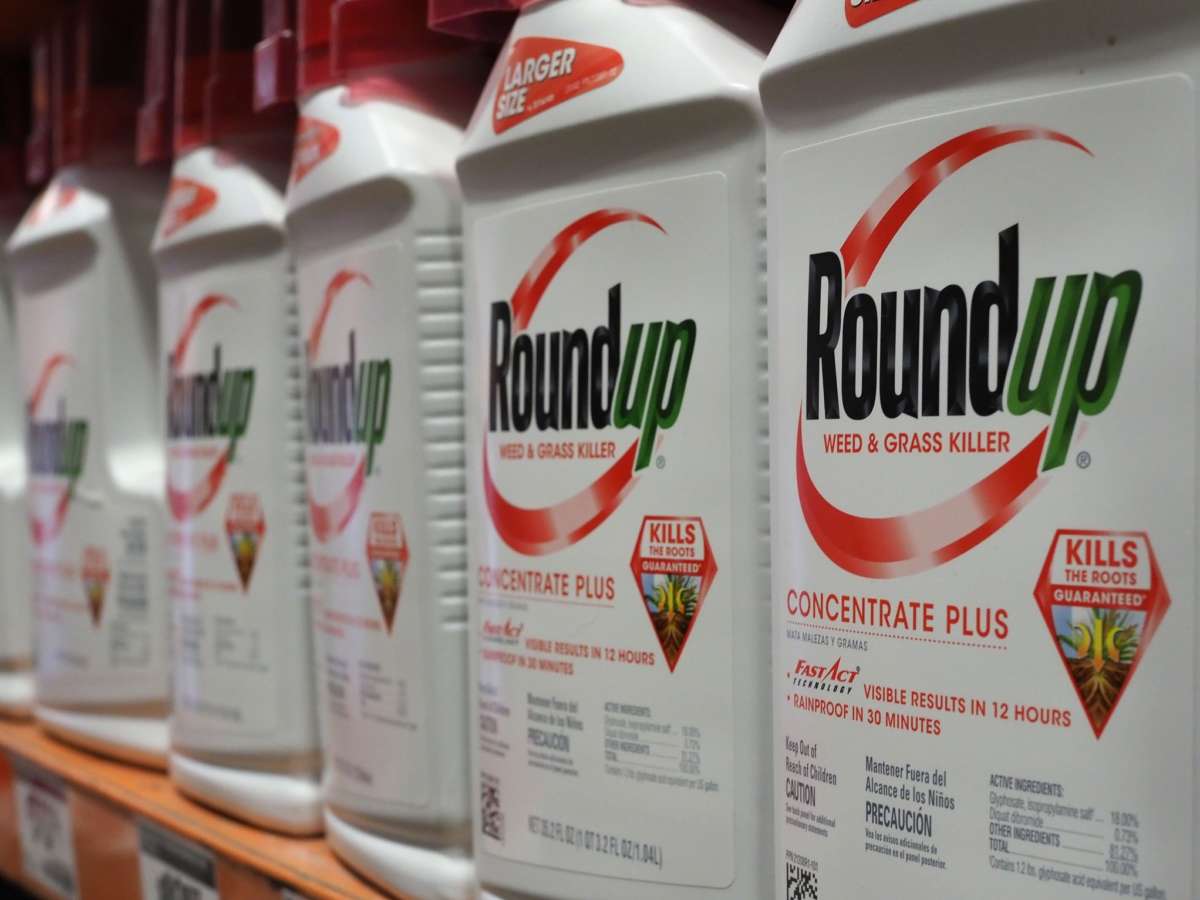A federal appeals court has revived a lawsuit brought forward by a Georgia man who says decades of use of Roundup, a weed-killing product produced by parent company Bayer AG, led to his cancer diagnosis in 2016.
Bayer AG purchased Roundup, a controversial product many believe is linked to other cancer diagnoses in the U.S., from Monsanto in 2018.
John Carson, a Georgia resident who had used Roundup for 30 years, said the product led to his being diagnosed with malignant fibrous histiocytoma. He alleges the company should have included a label explaining the risk for cancer on the packaging.
Bayer AG claims that type of warning is inconsistent with a label that was approved by the U.S. Environmental Protection Agency (EPA). The company also argued that federal law shielded it from claims emanating in state courts, where Carson had filed his lawsuit.
The 11th U.S. Circuit Court of Appeals in Montgomery, Alabama, ruled against Bayer AG this week, saying that Carons’s lawsuit could proceed forward. A similar ruling has been made for another person alleging Roundup led to their cancer diagnosis within the 9th Circuit Court of Appeals.
Bayer AG has already agreed to pay billions of dollars to some individuals who have alleged that overexposure to Roundup has led to their getting cancer, but many other claims are being ignored, particularly the claims of migrant farmworkers who have been exposed to the herbicide for decades.
The EPA previously said in 2020 that glyphosate, a main ingredient in Roundup, isn’t “likely” to cause cancer in humans. However, a different appeals court ruled last month that the agency must revisit that question to determine for sure if the chemical is carcinogenic.
Carson’s win in the 11th Circuit Court comes in the same week that a new study from the National Health and Nutrition Examination Survey, a project of the Centers for Disease Control and Prevention, released findings suggesting the vast majority of Americans have been exposed to glyphosate.
Within that study, the chemical showed up in 80 percent of the 2,310 samples examined. The study looked at both adults and children to determine how widespread glyphosate exposure is among the U.S. populace.
“Glyphosate is the most widely used herbicide in the country, yet until now we had very little data on exposure,” said Alexis Temkin, a toxicologist with the Environmental Working Group, a nonprofit environmental advocacy organization. “Children in the U.S. are regularly exposed to this cancer-causing weedkiller through the food they eat virtually every day.”


